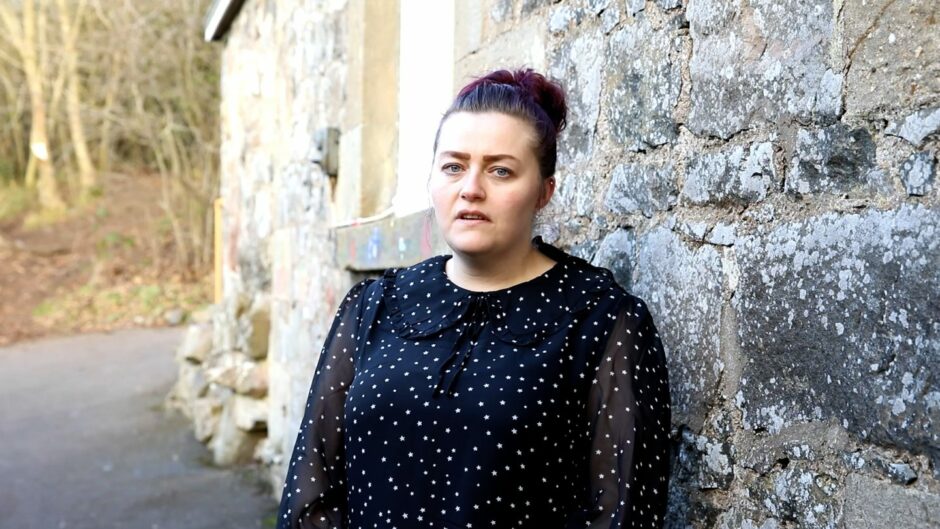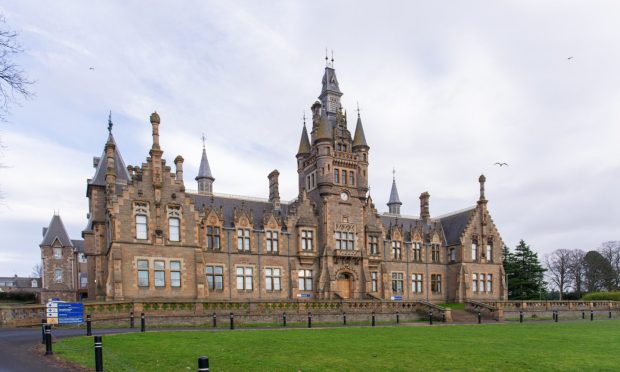Burns poetry will be recited in classrooms the length and breadth of Scotland today – and as for generations before it’s likely the words will have a lasting legacy.
Each year Burns Night on January 25 is used by teachers to educate children not just about Scotland’s national bard, but about Scotland’s culture, history and language.
Children at rural Letham Primary School are among those studying some of Robert Burns’ most famous works – and gave us a performance of the poetry they had learned.
In previous years pupils from the Fife school have won both local and national competitions held by Cupar Burns Club and the Robert Burns World Federation.
Address to a Haggis, Tam o’ Shanter, My Heart’s in the Highlands and Scots Wha Hae, were recited for us by Daisy McGarry, Maisie Black, Rory Hamilton, Tilly McGarry, Anna Taylor, Caitlin Kirk, Vienna Kitching and Alex Walmsley.
Letham Primary School’s recital in full:
Teacher Samantha Miller says the pupils are always enthusiastic to learn Burns’ poetry, which before the pandemic they would usually perform to parents at a Scottish afternoon as well as in competitions.
She said: “The children choose their own poem, either from ones we suggest, or something they have chosen at home.
“They take it quite seriously when it comes time to perform, and they want to do it well.”
Often, she said, those less eager to speak out in class will excel.
“For a lot of them, it really boosts their confidence. Everyone is in the same boat and they are all learning the Scots language at the same time.”
When you recite poems at that age it stays with you for life.”
Asif Khan, Scottish Poetry Library director
And learning Burns and Scots poetry is a lesson likely to last children a lifetime, according to Asif Khan.
He recalls memorising the bard’s poems as a boy at Dens Road Primary School, in Dundee, in the late 1970s and early 1980s and is now a board member of the Burns museum, Ellisland Farm and Museum, in Dumfries.
Mr Khan, also director of the Scottish Poetry Library in Edinburgh, said: “I remember reciting Scots Wha Hae and it sticks with you.
“When you recite poems at that age it stays with you for life. We’ve been involved in projects with people experiencing dementia and Alzheimer’s Disease and when you start reciting some of Burns’ work it comes back to them.”
The Scottish Poetry Library sees a surge in demand for its resources around Burns Night – so much so that last year its website crashed.
There is a “global appetite” for Burns’ work, Mr Khan said, including among children and young people who enjoy the chance to use Scots language in the classroom.
He said: “When I was growing up, some of the Scots words you would use at home you wouldn’t use in school of find at school, in textbooks.
“It was a kind of liberation and freedom when you were reading Burns, and you could recognise all these words you’d use at home – words like skelp and so forth.”
Ensuring Burns’ legacy is taught to a younger generation will continue to preserve and conserve the Scots language, he said.
“We quite possibly wouldn’t have as many people speaking Scots today if it wasn’t for the popularity of Burns.”
For some easy Burns poems for children to learn, click here.










